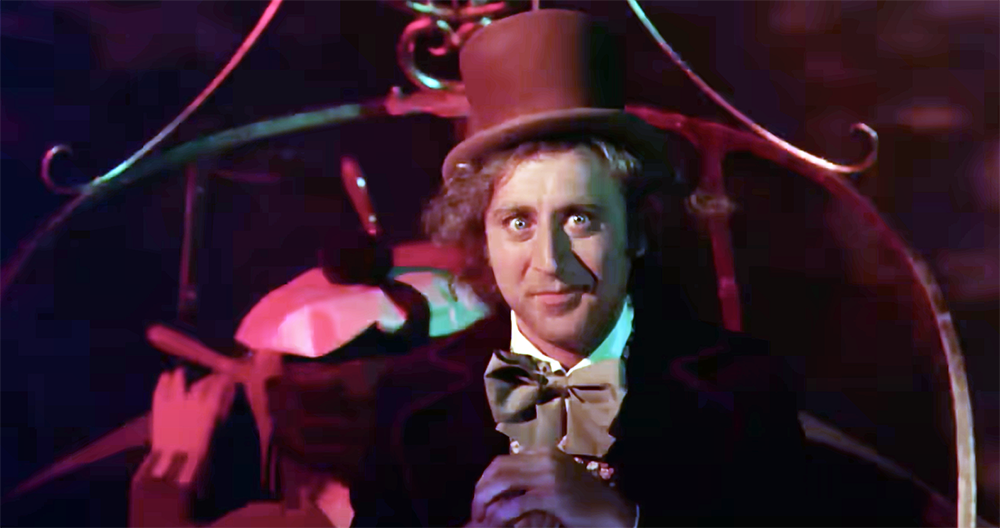I need to write something.
It should flow from fingers to keyboard automatically, no long pauses to consider the next thought or word. It’s all there, just below the surface, beginning to bubble up. That’s how it usually works. I’ll attach to an idea, a line of poetry, an encounter, or a moment, and after a few days of simmering in the recesses of my mind, somehow unknowingly, on its own, everything comes together and spills onto the page almost effortlessly. But not lately.
There are too many pots boiling over at once. Especially, of course, in the political landscape. Every day a new executive order, a new hit to marginalized people, another bash to the face of democracy. The shifts are coming fast and hard, whether we like it or not. It’s too much to keep up with, let alone make sense of. The president of the United States is Willy Wonka and we’re all aboard The Wondrous Boat Ride. [*Flash *flicker *horrifying imagery *wild man at the helm] (He’s even offering $5 million “golden tickets” for wealthy immigrants!) I envision the man-child and his sidekick (who is who can go either way) skulking in a darkened room, “Is this frightening enough yet? Have we confused them enough to do whatever we want?”
“There’s no earthly way of knowing which direction we are going! There’s no knowing where we’re rowing, or which way the river’s flowing!”
The stage is set for major bamboozling, with waves of stunned, newly unemployed federal workers, swift cuts to crucial programs, and, surely, impending lengthy legal battles over the many unconstitutional and immoral moves being made by this administration, seemingly to obfuscate the masses. We’re fighting one another in comment sections online, pulled apart between “Making America Great Again” and genuine empathy for our neighbors. Do we not care for the poor? The hungry? Humanity in general? Unfortunately, the leader of this nation is a reality TV host and we’re the forced cast, pitted against each other in a battle to … a battle to … Well, I’m not entirely sure the desired outcome beyond the rich getting richer while the rest of us find side hustles to fill our fridges and gas our cars for the work commute. While we argue each other into the ground. They don’t want us to know their desired outcome. We’re fighting the wrong people.
So sometimes, with all of those thoughts roiling the pots in my brain, nothing sticks. There isn’t a particular thing to cling to for clear direction or inspiration. Too many things; so much noise. But I need to write something. Put it all in one place, outside of my mind. Maybe I’m not there yet.
Maybe I’ll hold onto these words from Charles Bukowski for now.
if it doesn’t come bursting out of you
in spite of everything,
don’t do it.
unless it comes unasked out of your
heart and your mind and your mouth
… don’t do it.
…
if you have to wait for it to roar out of
you, then wait patiently.
…
unless it comes out of
your soul like a rocket,
unless being still would
drive you to madness …
don’t do it.
unless the sun inside you is
burning your gut,
don’t do it.
There is a red-hot glowing now, a warm pit in my stomach. I’ll see you back here when it burns.

